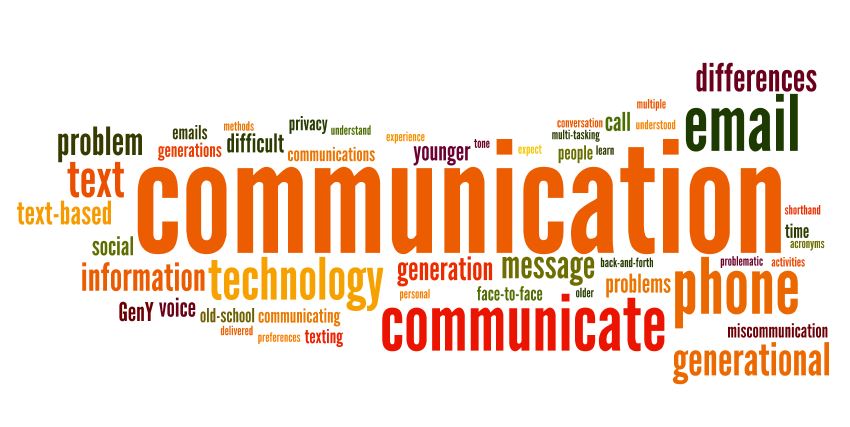By Joe Busuttil
Every good relationship is built on a strong foundation of trust that can only come from open and honest communication, embracing our strengths and working through challenges together.
The same communication skills are equally applicable to running a successful business. Unless you are a sole trader, you need to learn to work together for the common cause, and that means being able to talk clearly and constructively with your employees about what needs to be achieved.
Good communication helps employees come to work full of passion and drive, increasing productivity.
Unfortunately, that isn’t happening in as many as one in five Australian businesses, according to worrying statistics supplied by the hugely comprehensive Study of Australian Leadership.
Conducted by the University of Melbourne’s Centre for Workplace Leadership as supported by the Department of Employment, the report found that performance targets were known only to senior managers in as many as 21% of Australian businesses surveyed.
If your employees don’t know what you’re aiming for, how can you build a successful business?
A useful guide to communicating effectively in business.
Talk to each other. This one may seem obvious, but with email having taken over our working lives, too often we don’t take the time to actually speak with our colleagues, even when we sit metres apart. Sure, email chains are handy for keeping track of goals, but that can come after sitting down together.
Listen. Again, this one might seem obvious, but too often we’re so sure of what needs to be achieved and how to get there that we forget to take other ideas into account. The most dedicated employees are those that feel like they are a valued part of the conversation. When approaches differ, sometimes the best solution lies somewhere in the middle.
Build up trust through ownership. By extension, respect is a two way street. The more open and transparent you are about your company’s goals, the more likely an employee is to bring their A-game. Work on genuinely including them in your vision and give them the space to achieve your common goals.
Recruit smartly. Diverse offices make for the most successful business. If you hire people from a wider range of backgrounds, you will benefit from cultural differences that lead to richer conversations and more strategic responses.
Encourage questions. If an employee feels that a job is overwhelming and they aren’t sure what’s expected of them, it can lead to undue stress. Ensure employees understand that questions are welcome. It’s better to walk through it two or three times than to risk making a mistake.
Nuance is important. As our lives increasingly move onto social media, we’re losing the subtle art of reading between the lines. If you’re writing an email, it’s important to understand how it might be misinterpreted. Make sure you are clear in your tone and expectations, and if an idea is particularly complex, consider broaching it in person first.
Take your time. The best way to avoid the possibility of conflict is with a clear and calm approach to any difficult issue. If you suspect you might be too fired up, take a time out, breathe, mediate, go for a walk, and make a cup of camomile tea, whatever you need to come back with an open mind.
Sorry is a powerful word. If a conflict has occurred, again take a time out, but be willing to come back to the table and own your mistakes, apologising where necessary. Allow the same courtesy to an employee who has inadvertently crossed you and is genuinely sorry.
Praise where praise is due. The power of a genuinely given compliment can never be underestimated. The best leaders know how to sing their employee’s praises, boosting both their morale and that of their colleagues.
In conclusion. If you embrace effective communication as a core tenet of your business, building on these steps and actively including your employees in the conversation with genuine respect and empathy, maximising the output of your combined skillsets, it will build toward a stronger, brighter future for everyone involved.
Joe Busuttil is a Nationally Accredited Counsellor, Clinical Hypnotherapist and Life coach located in Melbourne, Australia.
